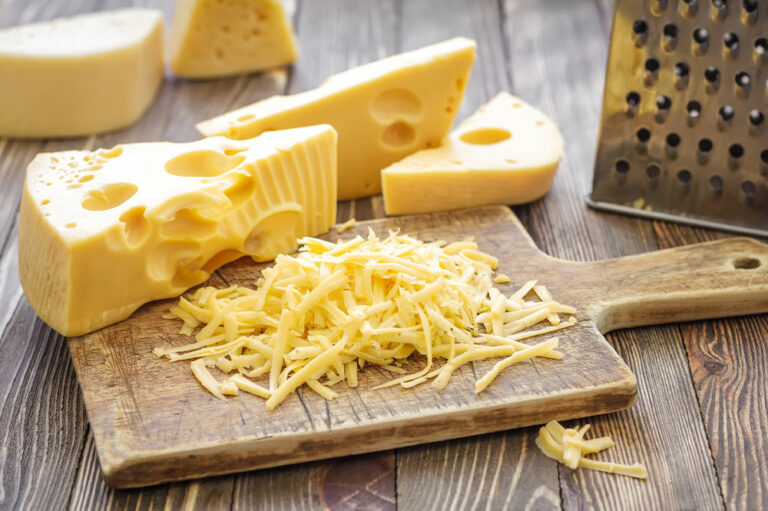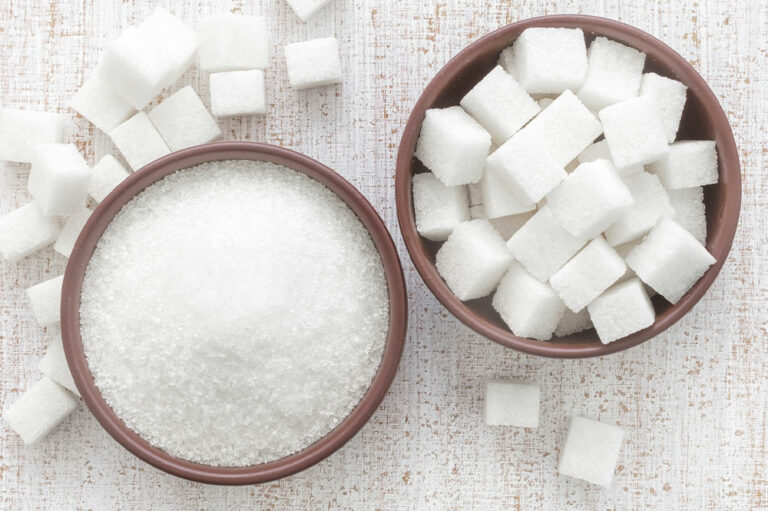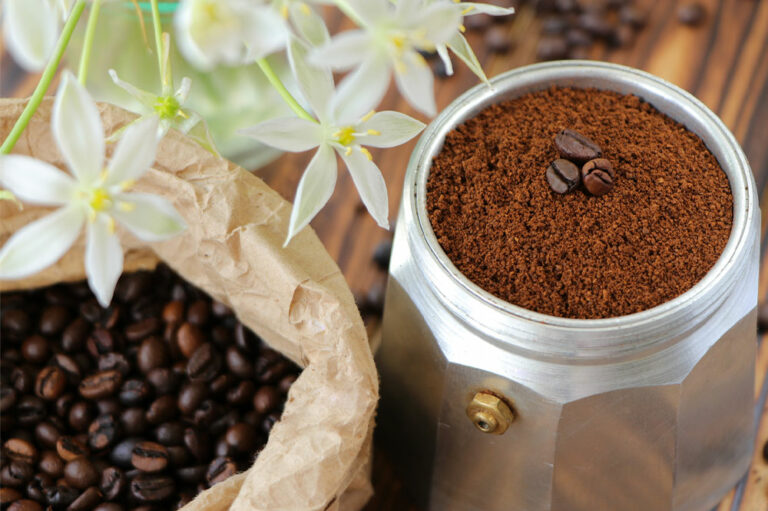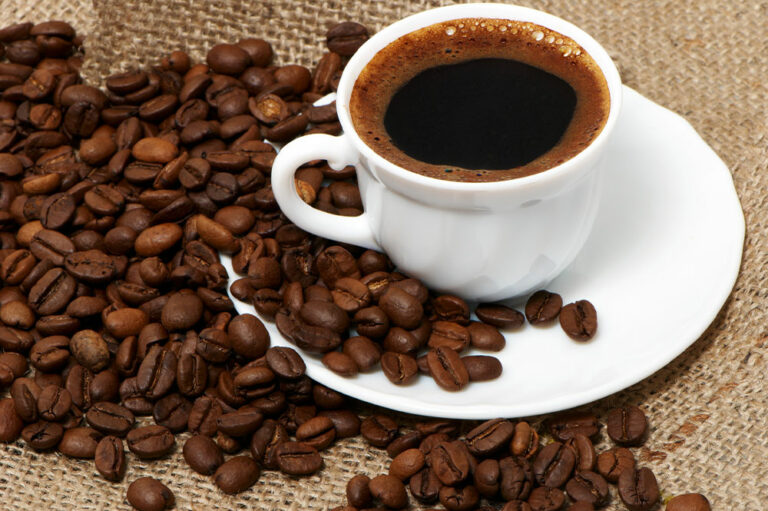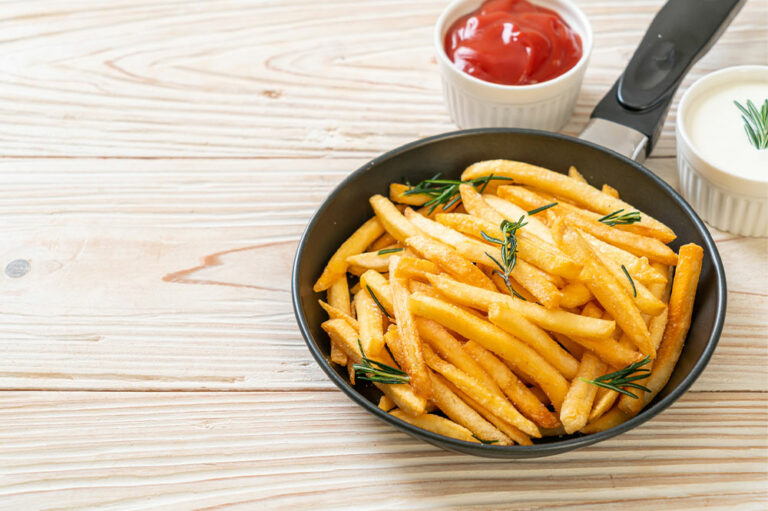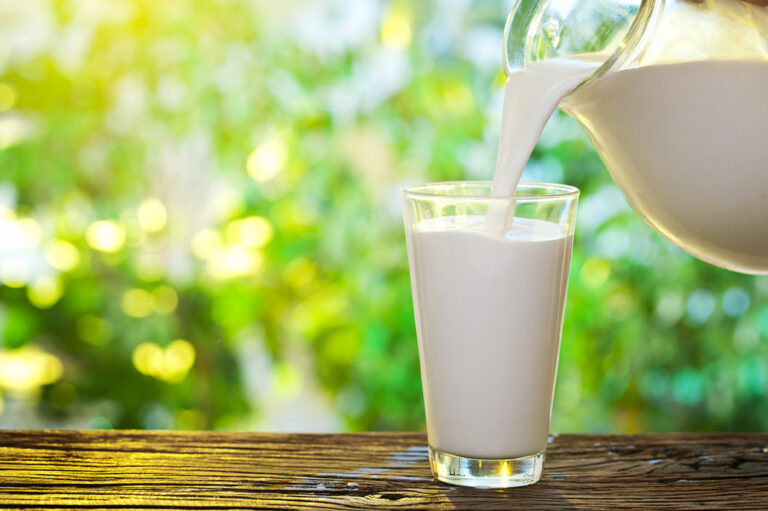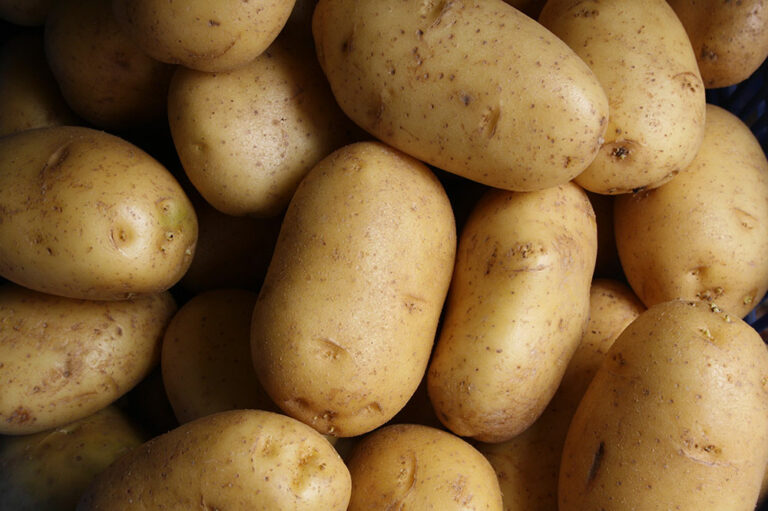
health
Foods to avoid when diagnosed with hyperkalemia
Hyperkalemia is a health condition when the blood has a high potassium level. Potassium in your blood handles functioning muscle, nerve cells and maintains fluid balance. In normal conditions, the blood potassium level is 3.6 to 5.2 mill moles per liter (mmol/L). If the potassium level is 6.0 mmol/L or above, it can be potentially harmful for the body and needs immediate treatment. To treat hyperkalemia, your doctor will provide you with treatment options and might also recommend a low-potassium meal plan. Changes in meal routine can help you maintain the blood potassium level. However, some food items can raise these levels, leaving you to avoid them. A low potassium meal plan is the main solution to control hyperkalemia. However, that does not mean you have to avoid high-potassium foods. You may eat foods that react with your body and raise your potassium level. Moreover, you must avoid potassium intake and limit it to 2000 milligrams per day. Your doctor can help you plan a food regime to maintain potassium levels. You can find potassium in food items like fruits, dairy, snacks, vegetables, and drinks. You cannot completely avoid them. That is why you need to avoid or limit some food items as mentioned below.
Read More 
